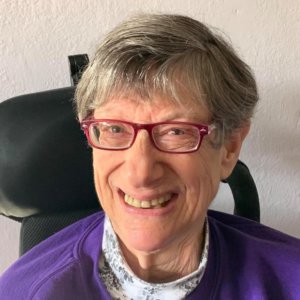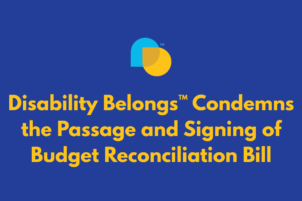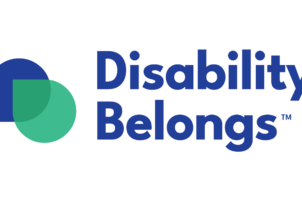
Denise Sherer Jacobson
The summer I was eight, I was sent to a sleep-away camp for the month of July. The girls slept in a big dormitory, and my bed was in the center aisle. I have only one other memory about the camp—just one incident that has stayed with me all these years: The time my bed wasn’t made!
I can’t recall why it didn’t get made during the day. But by the time we were ready to go to sleep at the end of a gusty, stormy day, a thick layer of soot and dust covered the white sheet. My counselor scowled when she pushed my wheelchair over to the bed and saw the filthy mess, annoyed that she had extra work to do. She began swiping the dirt over the bed’s edge, and I, trying to help, started to do the same.
“Stop it!” she reprimanded sharply. “Get your hands away now so I can clean this up!”
I recoiled, biting my lip to keep from crying. She hadn’t even seen me as capable of wanting to help.
My mother didn’t understand why I never wanted to go to summer camp; she thought I just didn’t want to leave her—partly true. But at age eight, or even later through my early teens, I couldn’t have articulated the real reason for my resistance. How do you talk about feeling humiliated when you don’t even know there is such a word? All I knew was that I felt brushed aside, like that counselor sweeping away the dirt from my bed.
In the world I’d known since childhood, kids like me having cerebral palsy—and others with significant disabilities—tended to be brushed aside, whether unintentionally or on purpose. Oh, it wasn’t thought of that way. Much of the time, it was just a matter of being practical; because, let’s face it, we required more energy and attention from our families. Those involved with our daily care needed to help us bathe, dress, eat, and, sometimes, toilet and clean ourselves. They had to juggle their schedules to get us to our medical appointments and therapy sessions and, during the school year, handle our separate school bus pick-ups and drop-offs. So, when summer rolled around, my disabled “peers” and I were shipped off to summer camp, where moms and dads assumed we’d be in capable, compassionate hands and have opportunities to play and be with “our own kind.” Surely, we’d want to be with them, they thought, even if no one else seemed to want to be with us.
It’s a powerless feeling to be sent away, having so little control over what happens to you. Not knowing if you’ll be liked, even accepted, or just tolerated. Wondering if you’ll be brushed aside, like you had been many times before. Humiliated. Just longing to find someplace—anyplace—where you’ll feel relatively normal, competent, and, maybe, even beautiful! I’d always hoped a place like that existed—a place where I’d feel I really mattered—but I never thought I’d find it at a summer camp.
Then I spent the summer of my 16th year at Camp Jened, where I found that I could allow myself to feel the whole spectrum of my feelings without worrying whether I’d be brushed aside. For the first time in my life, I was able to let myself feel happiness, joy, sorrow, even pain. I was able to finally discover that I mattered! My feelings had worth—validity. I found freedom to think my own thoughts. I had a right to be who I was, who I wanted to be. I belonged. In essence, I discovered my power!
All totaled, I spent six summers at Jened—the first three as a teen camper, the fourth as an adult camp counselor, and the fifth for a two-week stint as an adult camper, taking a post-summer school break from studying journalism and sociology at Long Island University. For my last Jened summer, I was hired to run the camp’s first sex education program for teen and adult campers; I was fresh out of graduate school from New York University with a Masters’ degree in Human Sexuality, Marriage, and Family Life Education. I also doubled as the Independent Living Skills counselor, teaching campers how to be as self-reliant as possible.
You may have already heard of Camp Jened, have maybe even seen the documentary, Crip Camp: A Disability Revolution, about how Jened helped spark the disability movement. But in addition to the larger cultural and societal changes it helped generate, the camp also created a breathing space for the campers who attended it. At camp, as adolescents spending summers away from home environments that often confined us physically, mentally, and emotionally, we could explore our individuality without fear that someone would come along and ridicule our hopes and dreams. We learned to appreciate each other for who we were, realizing we had a place in the world, and a promising future—just like everyone else.







